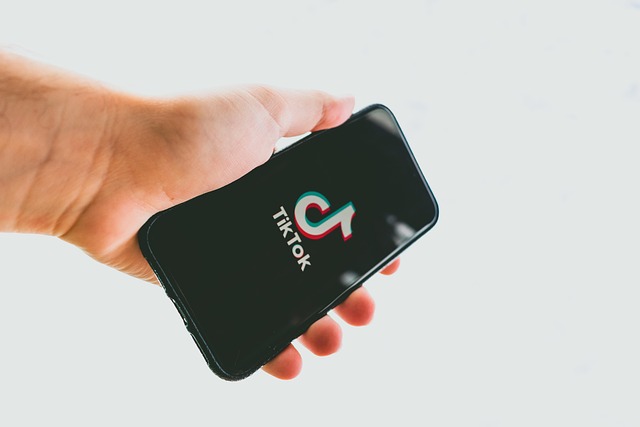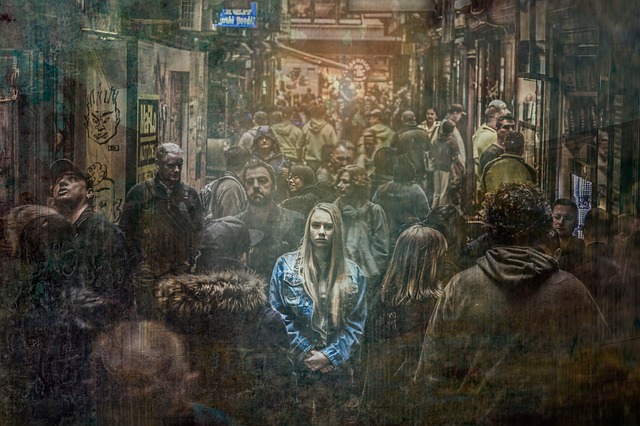In today’s fast-paced digital world, the way we build and maintain relationships has transformed dramatically, primarily influenced by social media. Relational norms—the unspoken rules that guide how we connect with one another—are continuously evolving as platforms like Facebook, Instagram, and Twitter redefine our interactions.
Traditionally, relational norms were centered around direct, face-to-face communications. Friendships and family ties were nurtured through in-person gatherings, phone calls, and handwritten letters. However, the rise of social media has introduced a new layer to these relational norms, making it easier yet more complex to engage with others. One moment, you could be sharing a joyful milestone with your closest friends, and the next, you might encounter a post that stirs feelings of jealousy or inadequacy.
Social media allows us to connect with people across vast distances, bridging geographical divides and fostering relationships that may never have flourished in a pre-digital age. Yet, this accessibility also raises questions about the quality of our connections. Are we cultivating deep, meaningful relationships, or are we merely skimming the surface? The dilemma lies in balancing our virtual interactions while still cherishing the essence of personal connections.
The impact of social media on our relational norms can be observed in the way we communicate as well. The casual familiarity of liking” a post or sending emojis often replaces more thoughtful expressions of support or affection. There’s a temptation to assume that a quick comment can substitute for an in-depth conversation. This shift can lead to misunderstandings and a sense of disconnection beneath the surface, where genuine feelings and emotions are often sidelined.
Furthermore, social media encourages curating an ideal image of ourselves, which can create a significant disconnect between online persona and real-life identity. As we compare our lives to the filtered highlights of others, it may distort our relational norms, leading us to question our worth and forge superficial connections based on status rather than sincerity. Navigating this landscape requires self-awareness and an understanding of how these norms shape our expectations in relationships.
Moreover, the phenomenon of “ghosting,” where one party abruptly cuts off communication, has surged in the realm of online dating and friendships alike, illustrating how social media can complicate the very fabric of our connections. There’s an inherent challenge in transforming fleeting online interactions into lasting relationships when the stakes feel significantly lower in a virtual context. Consequently, we must cultivate resilience as we engage with others, remembering that even in a digital age, genuine connection takes time and effort.
As we navigate this blend of digital and personal realms, re-establishing our relational norms becomes crucial. We can counter the superficiality of online interactions by striving to communicate more openly and authentically. Picking up the phone for a call, planning an in-person meet-up, or simply taking the time to express our feelings beyond a quick comment can reinforce the foundations of our relationships. Our connections should resonate with honesty and depth, transcending the limitations imposed by social media offers.
As we meander through the complexities of relational norms influenced by social media, let us remember the importance of nurturing connections that truly reflect our values and emotions. Embracing both the challenges and opportunities that social media presents can help us forge relationships that stand the test of time, rooted in genuine understanding and mutual respect.




